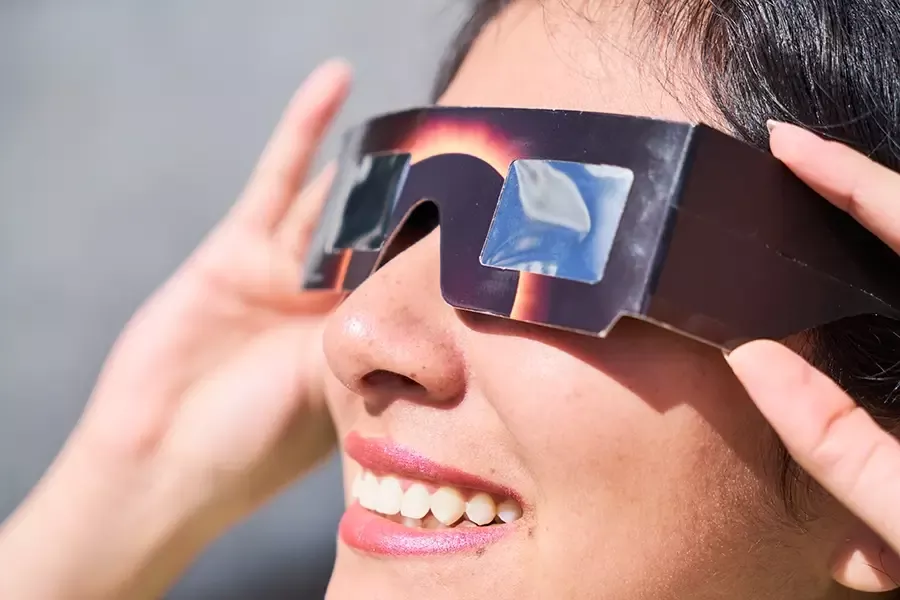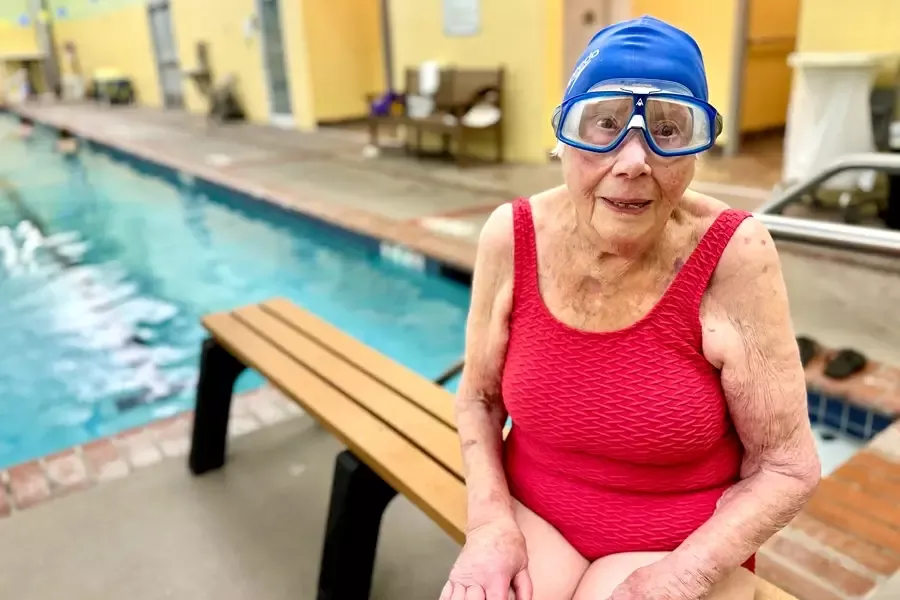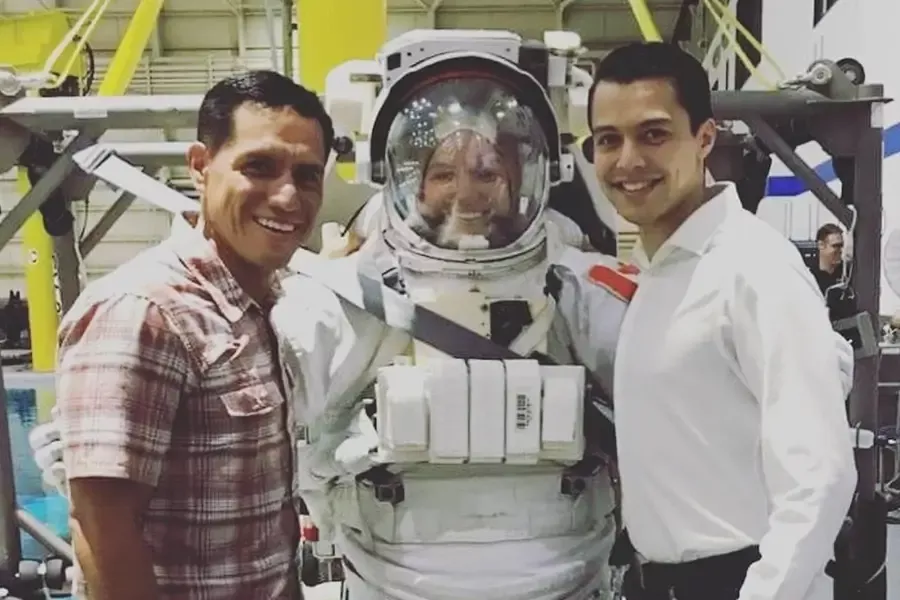
As anticipation builds for the solar eclipse on Monday, April 8, don’t forget that safeguarding your health should be a top priority. While witnessing this celestial event can be memorable, you should take proactive measures to protect yourself from potential health risks, particularly those associated with exposure to the sun’s intense rays.
Here’s a health-focused guide on how to view the solar eclipse safely:
Protect your eyes
The most significant health concern during a solar eclipse is the risk of eye damage from staring directly at the sun. The sun’s ultraviolet (UV) radiation can cause serious harm to the retina, leading to permanent vision loss or even blindness. Therefore, it’s imperative to use proper eye protection when viewing the eclipse.
Certified solar viewing glasses
Invest in high-quality solar viewing glasses that meet the ISO 12312-2 safety standard. These glasses are specially designed to block harmful UV rays and intense sunlight, allowing you to observe the eclipse safely. Check for certification labels and make sure the glasses are in good condition without any scratches or damage.
Avoid homemade filters
While homemade filters such as sunglasses, smoked glass or improvised filters may seem like a convenient alternative, they often fail to provide adequate protection against the sun’s rays. These makeshift filters can allow dangerous levels of UV radiation to reach your eyes, increasing the risk of damage.
Pinhole projection
Can’t find any solar viewing glasses? Consider using the pinhole projection method as a safe alternative for indirect viewing. You can create a pinhole projector using simple materials like cardboard and paper to project an image of the eclipse onto a surface. This method allows you to experience the eclipse without directly exposing your eyes to the sun.
Monitor exposure time
Even with proper eye protection, it’s essential to limit your exposure to the sun during the eclipse, especially if you have sensitive eyes or a history of eye conditions. Take regular breaks from viewing the eclipse to give your eyes a rest and minimize the risk of eye strain or discomfort.
Educate others
Spread awareness about the importance of eye safety and proper viewing techniques among friends, family and community members. Encourage others to use certified solar viewing glasses or safe viewing methods to protect their eyes and enjoy the eclipse responsibly.


